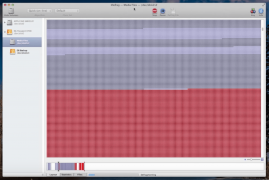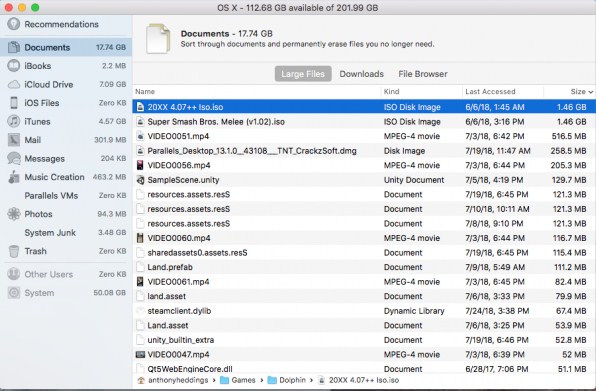

The article lists, rates, and recommends tools. If you still feel that you need to optimize, Hard Disk Optimization Tools at explains the differences between optimization and defragmentation and how each of these will affect your performance. I also recommend looking into OnyX, recommended in the article, and the Maintenance system utility as well. I practice some of these: I restart when sluggish, clean out StartUp items, and run Activity Monitor to see if I can trim the CPU and memory load by removing software I really don't use.

Check out 11 ways to optimize your Mac's Performance and consider incorporating some of these suggestions into some regular maintenance program.

Are You Better Served by Optimizing?īefore you invest in third party software, try to verify that optimization is the solution to your problem. These experiences, however, are different in at least two respects: detailing a car can be cathartic - disk optimization isn't likely to provide spiritual renewal - but a backup/reinstall will not take nearly as long as cleaning chrome rims. Optimization is probably the better choice if you are the kind who are satisfied with the "clean not pristine" quality of a drive through car wash and don't need that "like new" result. I'm also the type who will spend a day detailing a car.

Apple's Knowledge Base Article HT1375 explains that larger and faster hard drives, improved caching, automatic caching of files that grow over time, and better allocation techniques in Mac OS X leave few circumstances where defragging or optimzation is warranted. If you have an older Mac, if you have accumulated so much digital detritis that your hard drive is nearly full, or if you routinely deal with ENORMOUS files, you may find yourself in one of those circumstances Apple support mentions.Ī CNET article explains that you have two choices: backup and reinstall OS X or use a disk optimizer. I'm comfortable with backup/reinstall.


 0 kommentar(er)
0 kommentar(er)
